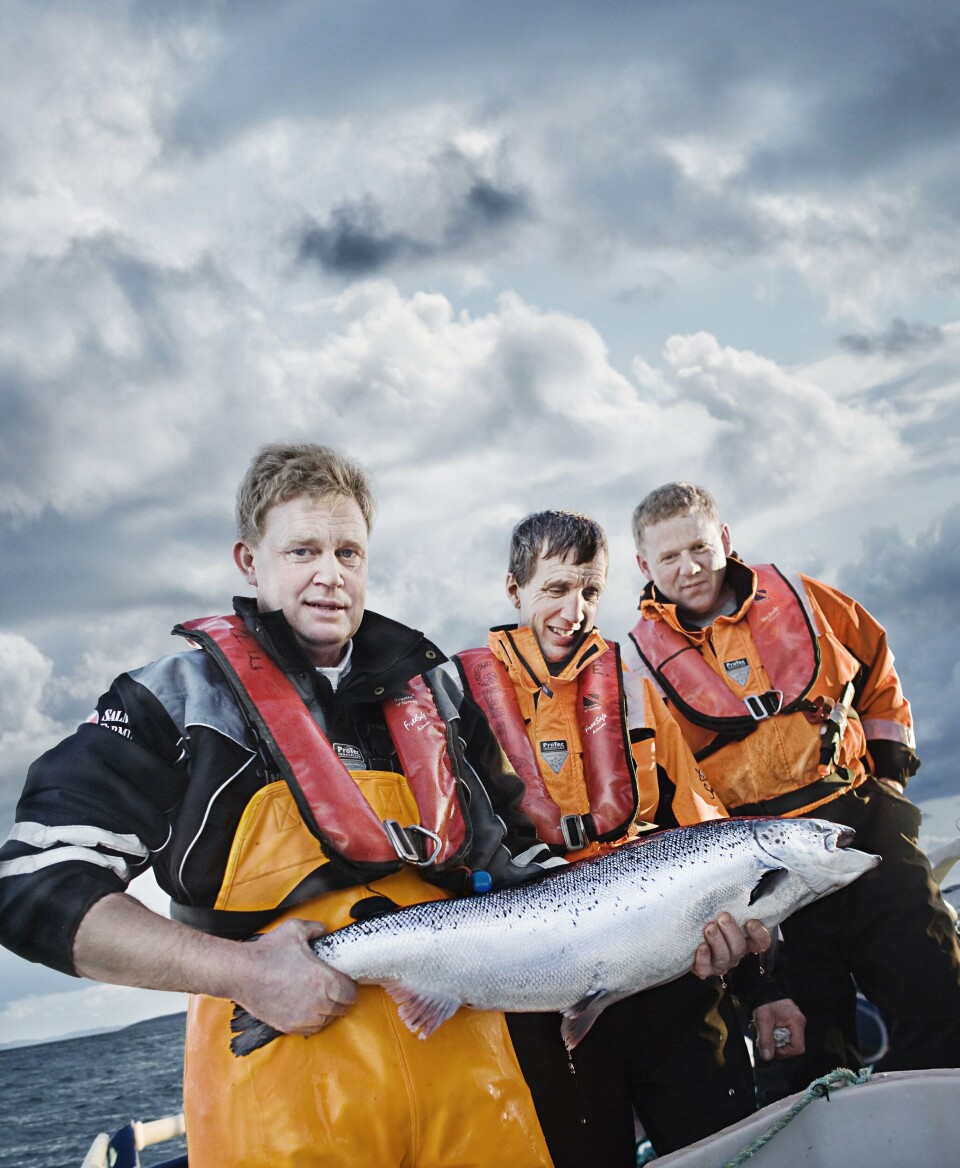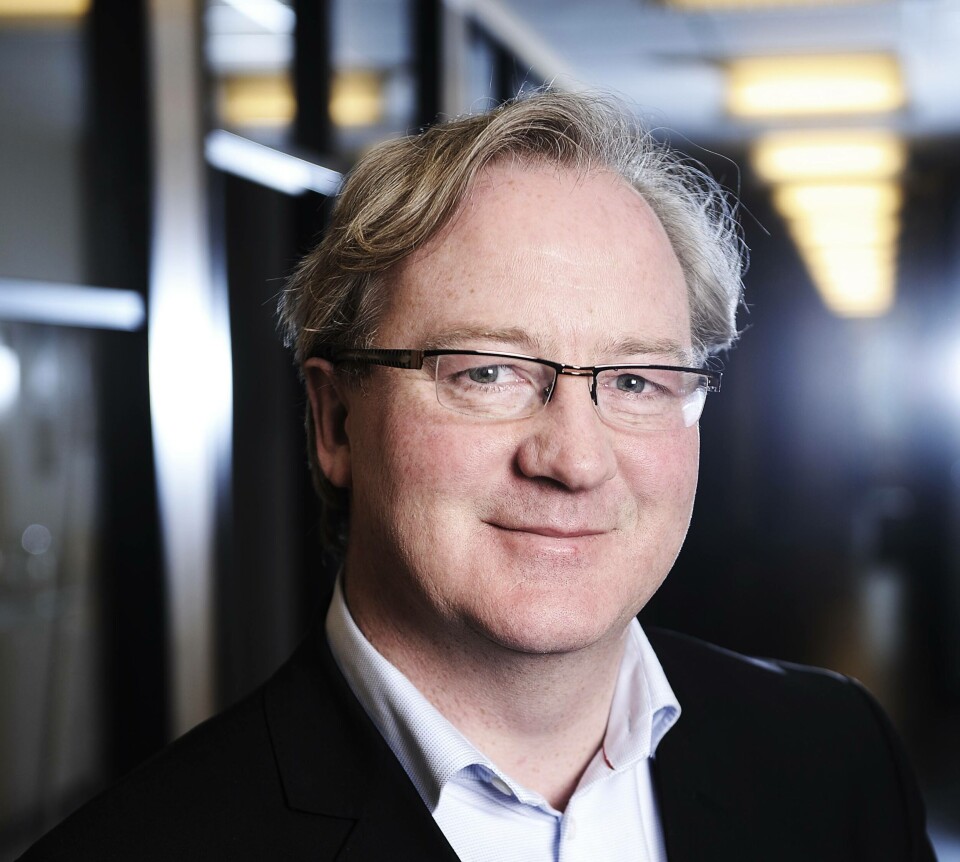
SalMar chief hails record profits of £240m
Trond Williksen, president and chief executive of the SalMar Group, hailed 2016 as “a very good year” as the company reported record annual net profits of NOK 2,651 million (£240 million).
The group harvested 115,600 tonnes of salmon last year, down 15 per cent on 2015. It generated NOK 9,030 million (£818 million) in gross operating revenues, a rise of 23 per cent compared with 2015. Operational EBIT leaped by 73 per cent from NOK 1,404 million (£127 million) in 2015 to NOK 2,432 million (£220 million) in 2016.

Williksen said: “For SalMar, 2016 was a very good year. Profits rose to a level never previously achieved. Substantial value was created for shareholders, employees and society. At the same time, the year was full of contrasts and unpredictable turns.
"While the strong market and record high profits coloured the company’s external image, internally the organisation was working intensively to handle considerable fish health challenges as well as to take important steps to prepare the company for the future. It is therefore with great satisfaction we now have embarked upon a new year, strengthened in our conviction that these efforts have made the company better equipped than ever to take on future opportunities and challenges.”
SalMar is a part owner of Scottish Seafarms Ltd, which the group’s board of directors said “has gained access to additional locations and has increased its production capacity, which will boost harvested volumes in Scotland going forward”.
‘Challenges never greater’
Commenting on the SalMar’s overall performance, the directors stated: “Earnings were boosted by record-high salmon prices, which reached levels practically no-one could have foreseen. At the same time, the challenges associated with the production of farmed salmon have never been greater.
“The situation was particularly demanding for the Central Norway segment. This had a negative impact on both production costs and the volume harvested. On the whole, the operational challenges encountered have been handled satisfactorily.

“Fish Farming Central Norway, the group’s largest fish farming segment, posted a satisfactory result, despite facing significant operational challenges. The transition to new delousing methods has been demanding and has driven up costs. Under the prevailing circumstances, however, the change has been implemented satisfactorily.
“Fish Farming Northern Norway boosted its operational EBIT by a massive 193 per cent. An increase in the harvested volume, combined with stable cost developments, allowed the benefits of high salmon prices to be exploited to the full. Access to production locations has been and remains a challenge in this region.
High prices
“The results achieved by the Sales and Processing segment were strongly affected by losses associated with the contract portfolio. Although contract prices at the start of 2016 were well above those achieved in 2015, they failed to match the extremely strong rise in spot prices through the year. Framework conditions for the operational activities at InnovaMar have also been demanding, due to the prevailing biological challenges. Lower harvesting levels have affected earnings. High salmon prices, combined with poor quality raw materials, negatively affected the financial performance of secondary processing activities.
“2016 also resulted in record earnings for Norskott Havbruk. The company achieved a steady reduction in production costs because it was able to deal successfully with the biological challenges experienced in the various production regions. The company made a profit before tax of NOK 582 million.
“The group expects to harvest a total of 131,000 tonnes of salmon in 2017, an increase of around 15,400 tonnes compared with 2016.”






















































